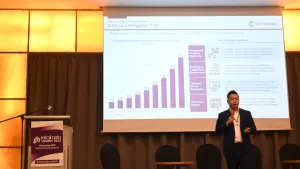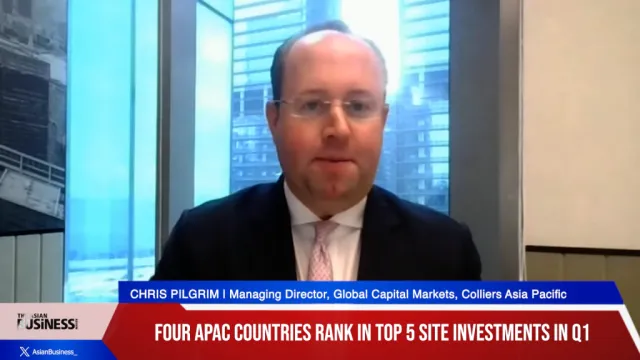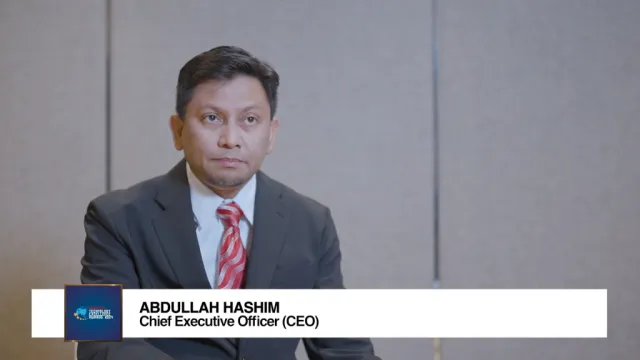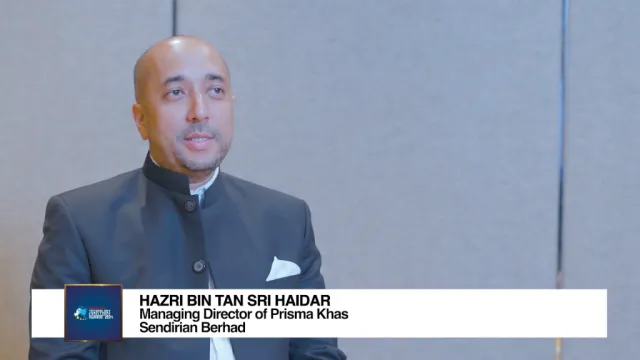
Electric Vehicles see increased demand in Asia amidst climate goals
Net-zero targets of Asian countries by 2050 to 2070 push the demand for EVs.
It will not take long before Asia is seen as a hub for electric vehicle (EV) manufacturing due to growth in regional demand for low-emissions transportation.
Asian governments have also been focusing on driving growth in road transportation as part of their national decarbonisation plans, according to a report by Sustainable Fitch.
EV sales have also seen an increase in the region due to recent trends in regulations that adopt tighter efficiency standards. Electric vehicles have also been promoted in major Asian markets through subsidies and tax benefits.
Demand for EVs has also increased due to net-zero targets of Asia’s largest economies by 2050 to 2070.
For example, China, which generated one-third of global emissions, developed policies that prioritise domestic manufacturers of EVs. The country has also been providing tax breaks and subsidies to the electronic vehicle sector for more than a decade.
As a center for vehicle-component manufacturing, Southeast Asia aims to direct foreign investments to the EV sector by boosting capacity for Asian and global export markets through international automotive investments. On the other hand, Asia’s legacy automakers from Japan and South Korea have also been facing pressure due to competition from manufacturers and investor demands.
In other parts of Asia, vehicles are still considered expensive to the average consumer. To seize the opportunity of having EVs replace two- and three-wheeler vehicles, lower EV retail prices are sought. This is seen from newer automakers, especially from China, who have successfully fueled growth in EV sales across global markets and even in developing economies like Southeast Asia.
Despite EVs’ availability and affordability issues, diverse EV options coupled with an extensive range of vehicle prices are seen as a way to respond to the growing demand and attract even more consumers.








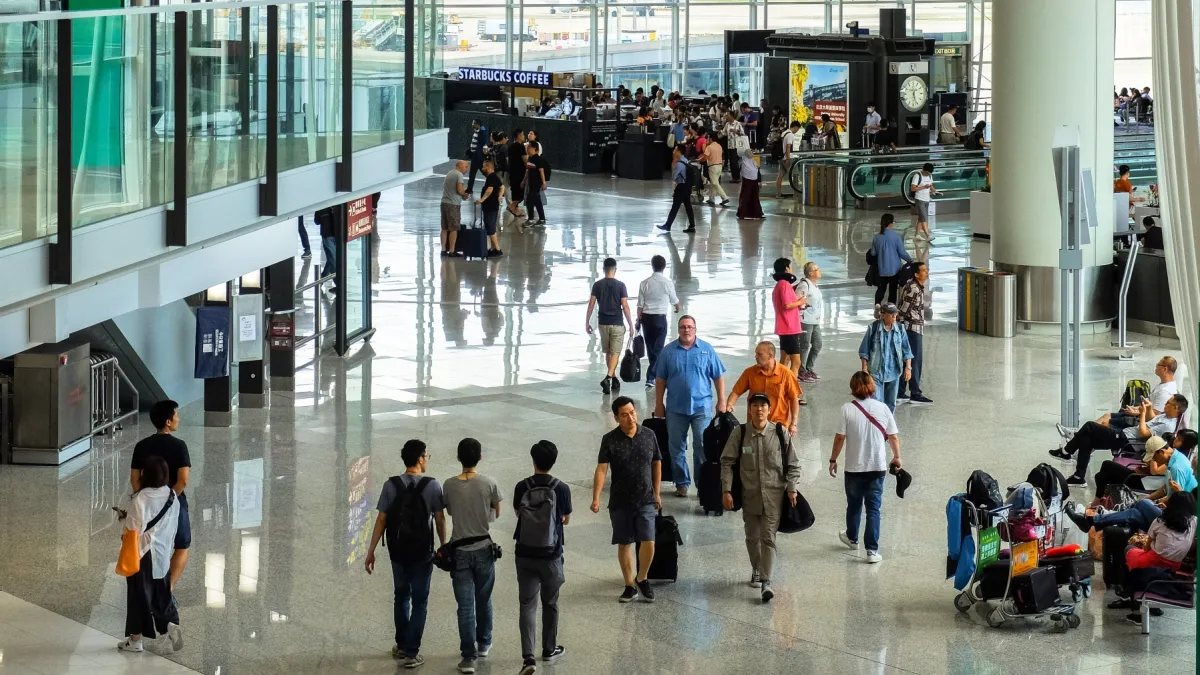


 Advertise
Advertise



